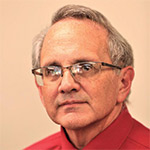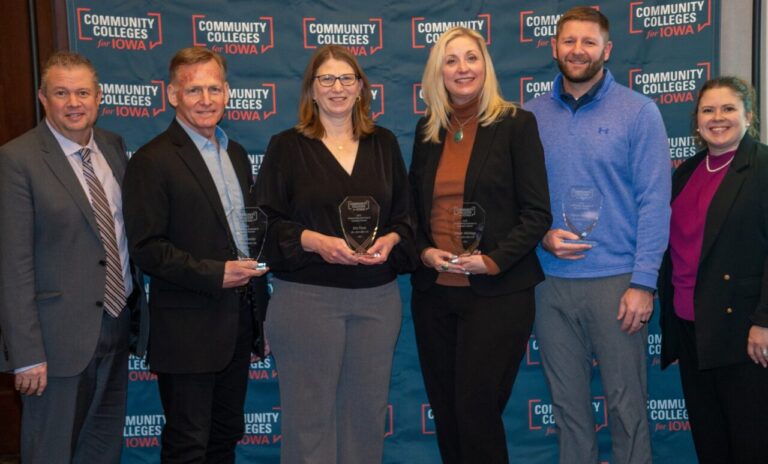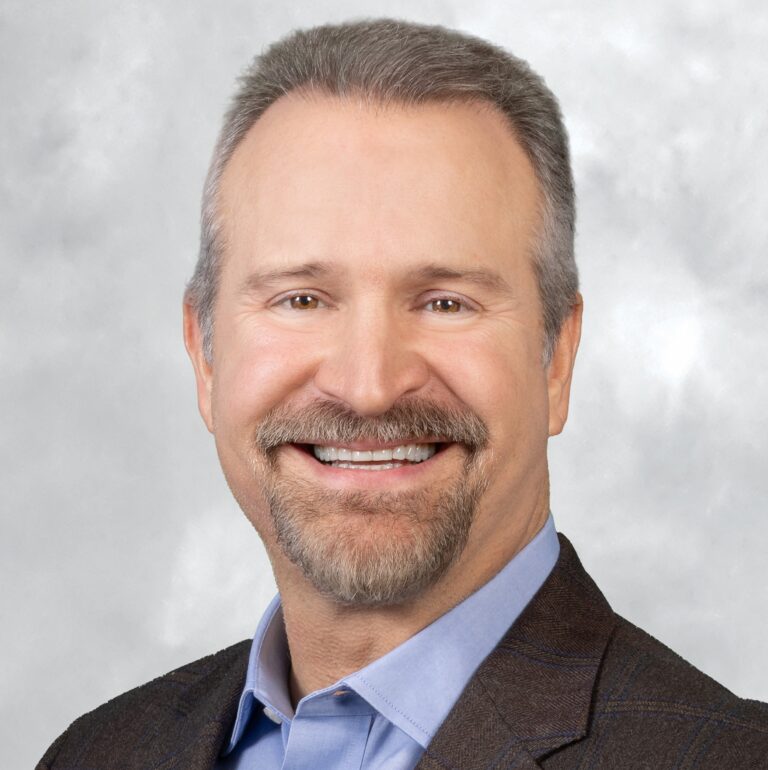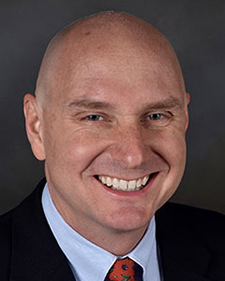Women Fighting Hunger speaker says ‘Help people create better lives’
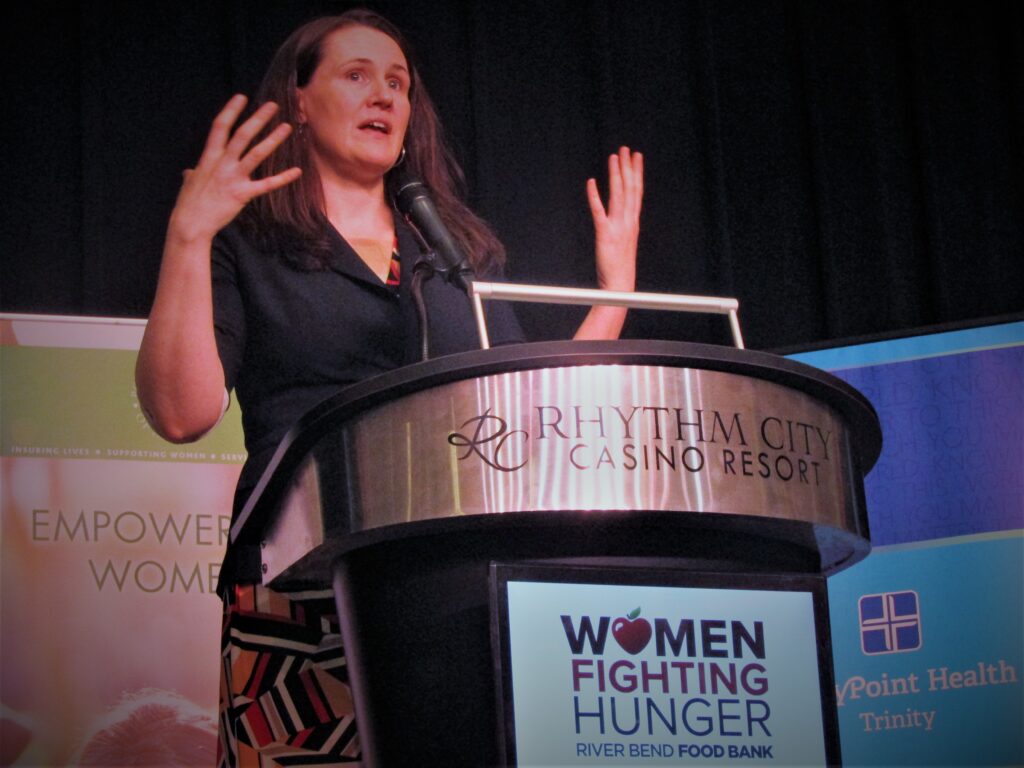
Liz Murray, a woman who went from being homeless to graduating from Harvard University and becoming an important advocate for people in need, was the keynote speaker Thursday night, March 30, at the third annual Women Fighting Hunger event. The River Bend Food Bank fundraiser was at Rhythm City Casino Resort, Davenport. CREDIT DAVE THOMPSON
When it comes to helping people in need, don’t wait for others to act. Be the positive force that will help lift others from their despair.
That’s one of the powerful messages delivered by a woman who went from homeless girl to Harvard University graduate to an important advocate for young people in need.
“Don’t let what you cannot do interfere with what you…

Want to Read More?
Get immediate, unlimited access to all subscriber content and much more.
Learn more in our subscriber FAQ.
Do you want to read and share this article without a paywall?
